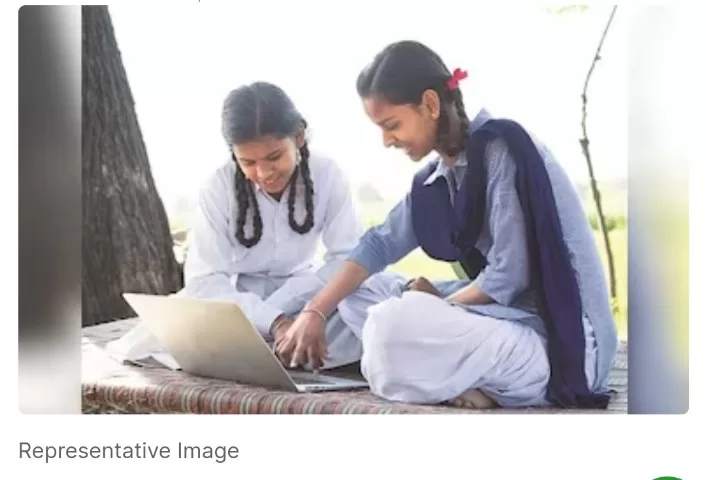In a groundbreaking report on the Sustainable Action for Transforming Human Capital in Education (SATH-E), NITI Aayog has underscored the imperative for India to implement extensive school mergers and revamp teacher recruitment to enhance educational outcomes. The report, based on the SATH-E implementation in three states, reveals that India continues to maintain five times the number of schools as compared to China for similar enrollment figures. Alarming statistics indicate that over 50% of primary schools in many states enroll fewer than 60 students.
The NITI Aayog deems the cost of sustaining sub-scale schools prohibitively high, citing challenges such as extensive multi-grade teaching, lack of a cohesive student and parent community, inadequate infrastructure, and administrative responsibilities falling on 1-2 teachers in the absence of headmasters/principals. To address this, the report recommends the strategic merger of smaller schools, a strategy that has yielded favorable results in states under the SATH-E initiative.
Collaborating with NITI Aayog, Jharkhand successfully merged 4,380 schools, resulting in substantial savings of Rs 400 crore. Similarly, Madhya Pradesh identified and merged around 35,000 schools, significantly reducing the number of headmasters or principals required. Odisha, too, merged 2,000 schools, streamlining resources for improved educational outcomes.
Beyond school mergers, the NITI Aayog suggests a decentralization of powers to school principals, district, and block officers to enhance governance. This decentralization entails providing greater financial autonomy to decision-makers.
The report sheds light on the stark disparity between the demand and supply of teachers, emphasizing a shortage exceeding one million teachers across India, with some states reporting teacher vacancies ranging from 30% to 50%. Urban areas experience an excess of teachers, while rural areas grapple with disproportionately high vacancies.
To rectify this imbalance, the NITI Aayog proposes rationalizing teacher recruitment to ensure equitable access to quality education. Additionally, the think tank recommends tightening teacher accreditation standards for pre-service training institutes and a comprehensive overhaul of teacher-training curricula.
The strategic merger of schools, along with an overhaul of teacher recruitment and training, stands as a pivotal policy intervention to address the current challenges in India’s education system.




